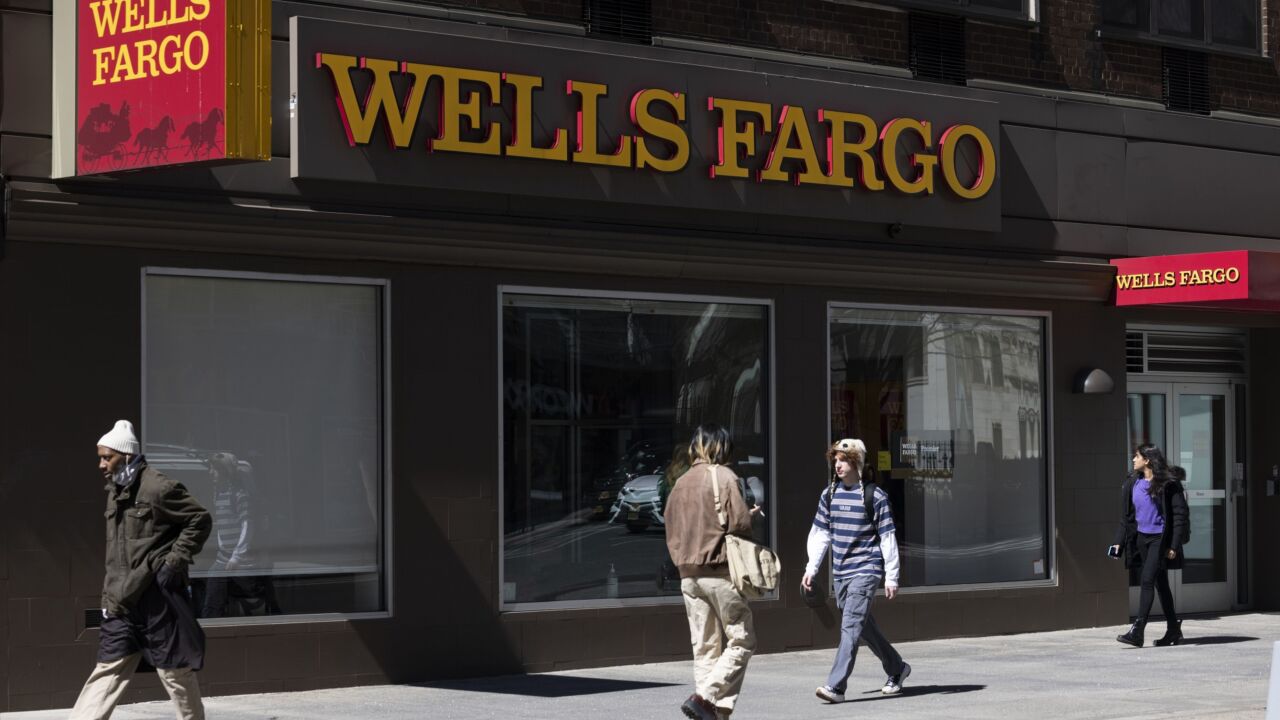Too Big to Solve? This week, two contributors argued that since big-bank bailouts will probably happen again, regulators' focus should be on containing the damage to taxpayers. George Washington University law professor Arthur Wilmarth argues that bailouts will be guaranteed if regulators adopt a single point of entry plan for resolving failed banks, as they appear increasingly likely to do. While Wilmarth's unhappy about this development, he says regulators can at least require megabanks to pre-fund their own bailout money. He also suggests that bank executives would take less risk if regulators imposed incentive compensation rules that put more of their skin in the game. Meanwhile, consultant Kenneth H. Thomas says that he supports bailouts, since rescuing a failed institution is a better option than allowing its problems to ripple throughout the financial system. But he argues that riskier banks should be forced to pay for their too big to fail subsidy by making bigger contributions to the government's deposit insurance fund.
Also on the blog: Banks can play a key role in ending human trafficking by learning more about the financial red flags that indicate criminal activity, according to anti-money-laundering expert Andrew Prozes.
The U.S. health care industry faces many of the same challenges as banking, from tough regulation to huge legacy costs. Community bank marketer Kevin Tynan writes that high-tech startups could solve a lot of both industries' problems.
Council of Federal Home Loan Banks Chairman Steven Rosenbaum outlined a few ways to update requirements in the banks' Affordable Housing Program so that more housing groups can access financing.
Regulators missed a chance to hold the financial industry accountable for maintaining diversity standards, according to the Greenlining Institute's Sasha Werblin.
Banks will have a better shot at managing complex regulatory requirements if they make one executive responsible for coordinating communication and tasks in that arena, according to consultant Bob Hartheimer.
The Federal Reserve's target annual inflation rate of 2% seems harmless enough, but finance professor Scott Hein argues that the cumulative effect of slow-rising prices could be a big problem for bank depositors and investors down the line.
The Consumer Financial Protection Bureau's report on arbitration gives a good process a bad rap, according to Electronic Transactions Association chief Jason Oxman. He says it is typically cheaper and faster than litigation, and delivers higher returns to consumers.





